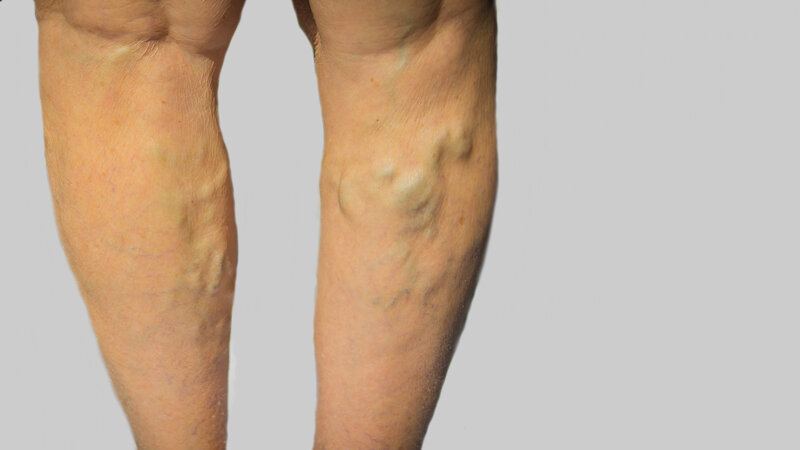During your toddler’s 1 year checkup with our Primary Care Doctor in San Diego the pediatrician and/or nurse probably will:
1. Check the toddler’s head circumference, length, and weight and plot the measurements upon their growth charts.
2. Address concerns, ask questions, and provide advice concerning how your toddler is:
Eating
By 1 year, toddlers are prepared to change from formula over to cow’s milk. If desired, toddlers might be breastfed over 1 year of age. Your toddler might be moving away from baby food and might be curious about table foods. Provide various soft table foods and try to avoid choking hazards.
Pooping
When introducing whole milk and more foods, the frequency and appearance of your toddler’s poopy diapers might change. Allow the doctor to know if your toddler is constipated, has diarrhea, or has poop which is difficult to pass.
Sleeping
1-year-olds require around 12 – 14 hours of sleep per day, which includes 1 – 2 naps in the daytime.
Developing
By one year, it is common for most toddlers to:
- say “dada” and “mama,” in addition to one or two other terms
- follow a 1-step command (like “Bring me the ball.”)
- stand alone
- point at objects
- walk with 1 hand held and potentially even walk by themselves
- precisely pick up an object using forefinger and thumb
- feed himself/herself with his/her hands
- enjoy pat-a-cake, peek-a-boo, and additional social games
3. Conduct a physical examination with your toddler undressed while you’re present.
Update immunizations
Immunizations may protect toddlers from severe childhood illnesses, therefore it is vital that the toddler get them on time. Immunization schedules may vary from one office to another, so speak with the doctor about what you can expect.
Order tests
The doctor might check for anemia, lead exposure, or tuberculosis if the toddler is at risk.
Looking Ahead
Below are a few things to remember concerning feeding until the next regular visit with our Primary Care Doctor in San Diego at 15 months:
- Give the toddler whole milk (not skim or low-fat milk) until two years old.
- Restrict the toddler’s consumption of cow’s milk to around 16 to 24 oz. a day. Transition over from a bottle to a cup. If nursing, start to offer pumped breast milk inside a cup.
- Serve juice inside a cup and restrict it to no more than four ounces per day.
- Serve cereal that is fortified in iron and increase foods rich in iron (like strawberries, beans, and sweet potatoes) in your toddler’s diet.
- Encourage self-feeding.
- Have the toddler stay seated while eating and drinking.



